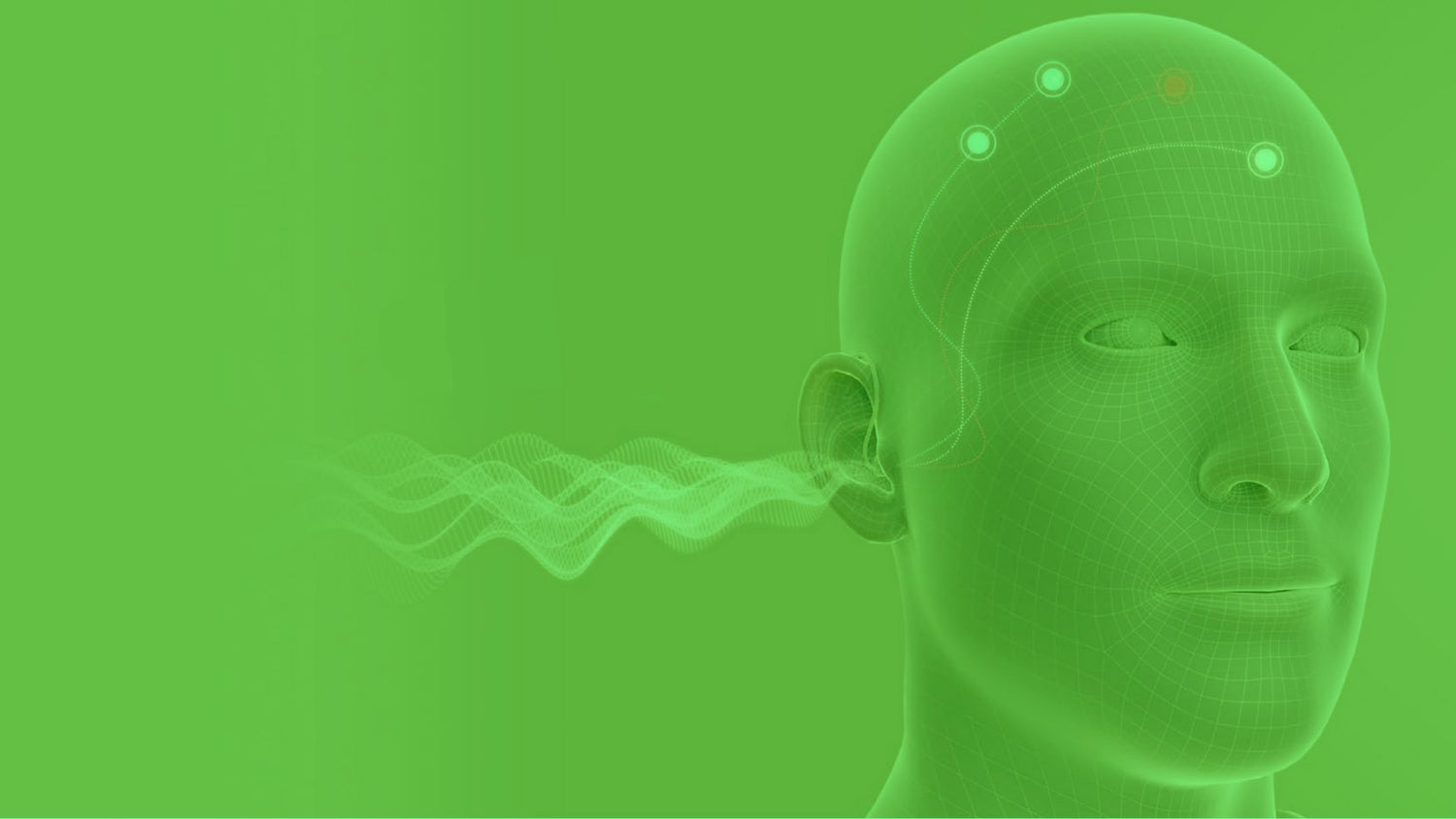Congenital Hearing Loss for New Parents
As a new parent, receiving a diagnosis of congenital hearing loss for your child can be overwhelming and confusing. However, with the right information and support, you can help your child thrive despite their hearing loss. In this article, we will provide an overview of congenital hearing loss, including the causes, diagnosis, treatment, and management, and offer resources and support for new parents.

What is Congenital Hearing Loss?
Congenital hearing loss is a type of hearing impairment that is present at birth or acquired during the perinatal period. This medical condition can be caused by a variety of factors, including genetic and environmental factors.
Genetic factors are responsible for up to 50% of all cases of congenital hearing loss. The most common genetic cause of congenital hearing loss is mutations in the GJB2 gene, which is responsible for encoding a protein called connexin 26. Other genetic causes include mutations in the SLC26A4 gene, which is responsible for encoding a protein called pendrin, and mitochondrial mutations.
Maternal infections during pregnancy, such as rubella, cytomegalovirus, and toxoplasmosis, can also cause congenital hearing loss. Complications during pregnancy or childbirth, such as premature birth, low birth weight, and lack of oxygen to the brain, can also lead to hearing loss. Exposure to certain drugs or chemicals, such as ototoxic medications or high levels of noise, can also cause congenital hearing loss.
Diagnosis of Congenital Hearing Loss
The diagnosis of congenital hearing loss typically involves a hearing screening or test. Newborn hearing screening is recommended in most countries and is usually done before the baby leaves the hospital.
The two most common types of newborn hearing screening tests are otoacoustic emissions (OAE) and auditory brainstem response (ABR) tests. OAE tests measure the sounds that the inner ear produces in response to sound, while ABR tests measure the electrical activity in the auditory nerve and brainstem in response to sound.
If a newborn does not pass the initial hearing screening, a follow-up diagnostic evaluation is recommended. This may involve additional hearing tests, such as pure-tone audiometry or speech audiometry, to determine the degree and type of hearing loss. The hearing care professional will also perform a physical examination of the ear to check for any abnormalities.
Types of Congenital Hearing Loss
There are three types of congenital hearing loss:
-
Sensorineural Hearing Loss:
Sensorineural hearing loss for newborns refers to a type of hearing impairment that occurs due to problems in the inner ear or the auditory nerve pathways. It is typically caused by damage or abnormalities in the sensory cells (hair cells) of the cochlea or the nerve fibers that transmit sound signals to the brain. Sensorineural hearing loss can be present at birth (congenital) or acquired shortly after birth. Common causes of sensorineural hearing loss in newborns include genetic factors, infections during pregnancy (such as cytomegalovirus or rubella), premature birth, exposure to certain medications or toxins, and certain medical conditions. Sensorineural hearing loss is often permanent and cannot be cured, but it can be managed with interventions such as hearing aids or cochlear implants. Early identification and intervention are crucial for newborns with sensorineural hearing loss to optimize their communication and language development. -
Conductive Hearing Loss:
Conductive hearing loss for newborns refers to a type of hearing impairment that occurs when sound waves are unable to reach the inner ear effectively. It is often caused by a blockage or damage in the outer or middle ear. Common causes of conductive hearing loss in newborns include earwax buildup, fluid accumulation in the middle ear (due to conditions like middle ear infections or Eustachian tube dysfunction), structural abnormalities in the ear, or the presence of a foreign object in the ear canal. Tumors or cysts in the outer or middle ear can also obstruct the flow of sound. In cases of permanent conductive hearing loss in newborns, medical interventions such treatment of ear infections, hearing aids, or even surgery may be necessary to restore hearing function. With appropriate management, many cases of conductive hearing loss in newborns can be improved or resolved, allowing for optimal hearing development. -
Mixed Hearing Loss:
Mixed hearing loss for newborns refers to a combination of both sensorineural and conductive hearing loss. It means that the baby has problems or damage in both the inner ear (cochlea or auditory nerve pathways) and the outer or middle ear (the parts that transmit sound to the cochlea). Early identification and intervention are crucial to support optimal hearing and language development in newborns with mixed hearing loss.
Treatment and Management of Congenital Hearing Loss
The treatment and management of congenital hearing loss are tailored to the specific type and severity of the condition. Hearing aids are commonly used to address hearing loss, providing amplification and improving sound perception. In more severe cases, a cochlear implant may be recommended, which bypasses the damaged parts of the ear and directly stimulates the auditory nerve.
Early intervention plays a crucial role in effectively managing congenital hearing loss. Speech and language therapy can be beneficial in enhancing communication skills. Additionally, safeguarding the remaining hearing is essential. Exposure to loud noises can potentially worsen hearing loss, so it is important to utilize earplugs or earmuffs in noisy environments.
Opening Doors to a Brighter Future
by empowering children to overcome their hearing loss
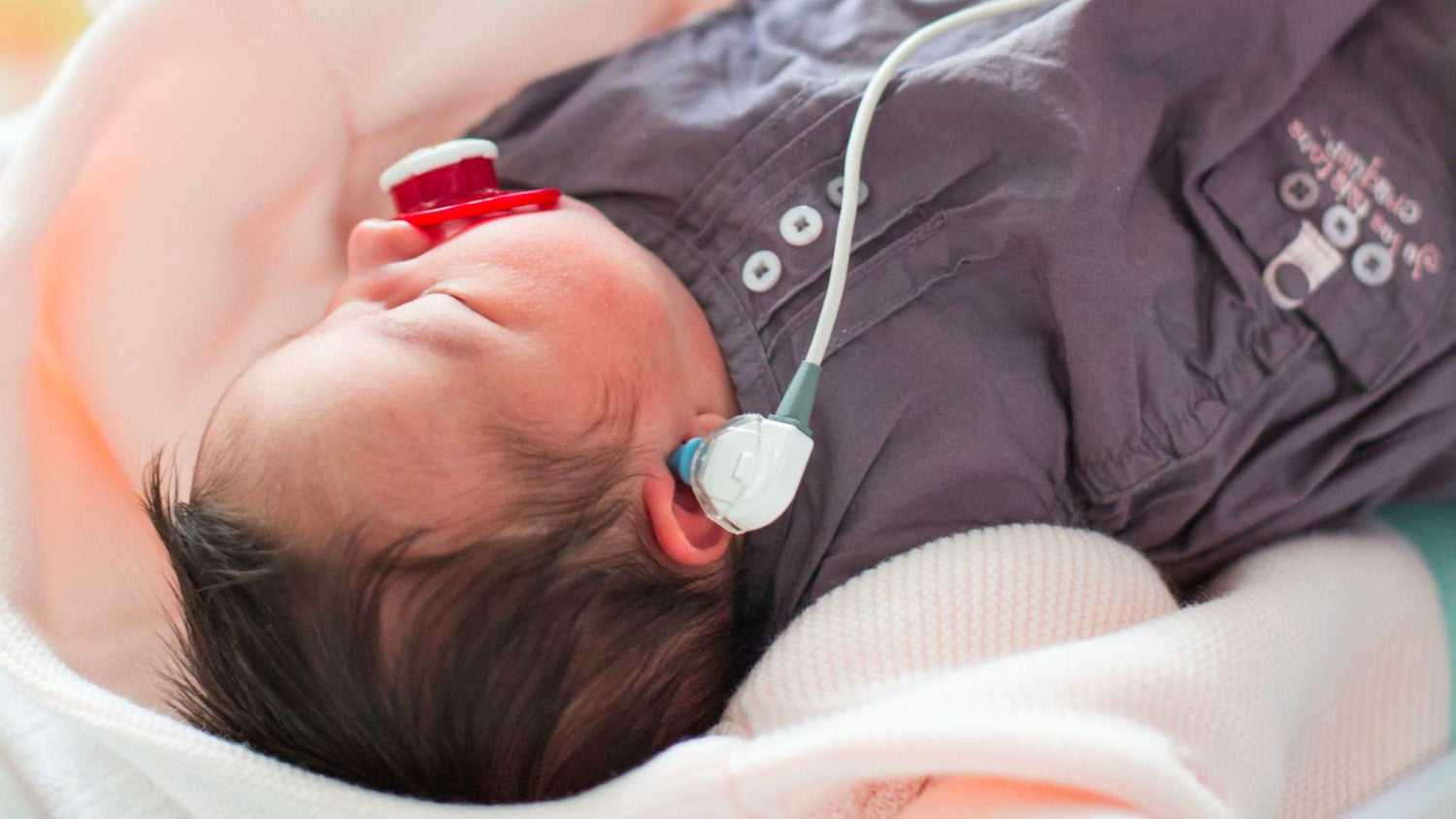
I'm Born with Hearing Loss
Being new parents of a child with congenital hearing loss may bring unique challenges, but with the right support and resources, your child can flourish. Early intervention is crucial, so consult professionals for comprehensive evaluations and personalized treatment options like hearing aids or cochlear implants.
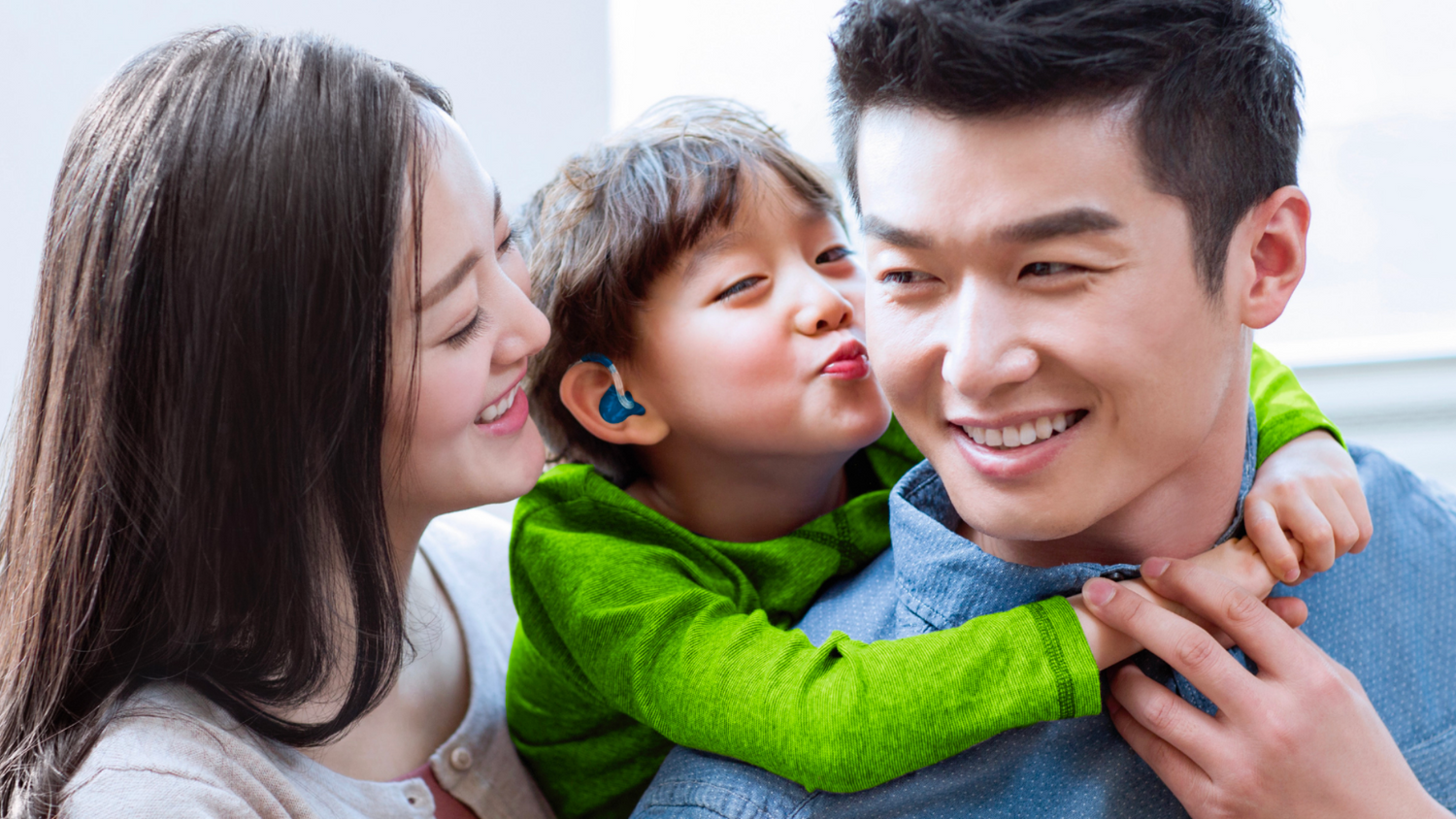
I'm A Child with Hearing Loss
Children can lose hearing during their teenage years, sometimes with very little warning. The causes of hearing loss can differ widely between each child, so do their physiological effects. If left untreated, it can be devastating to teenagers, who are already suffering from social and emotional trials at this time in their life.
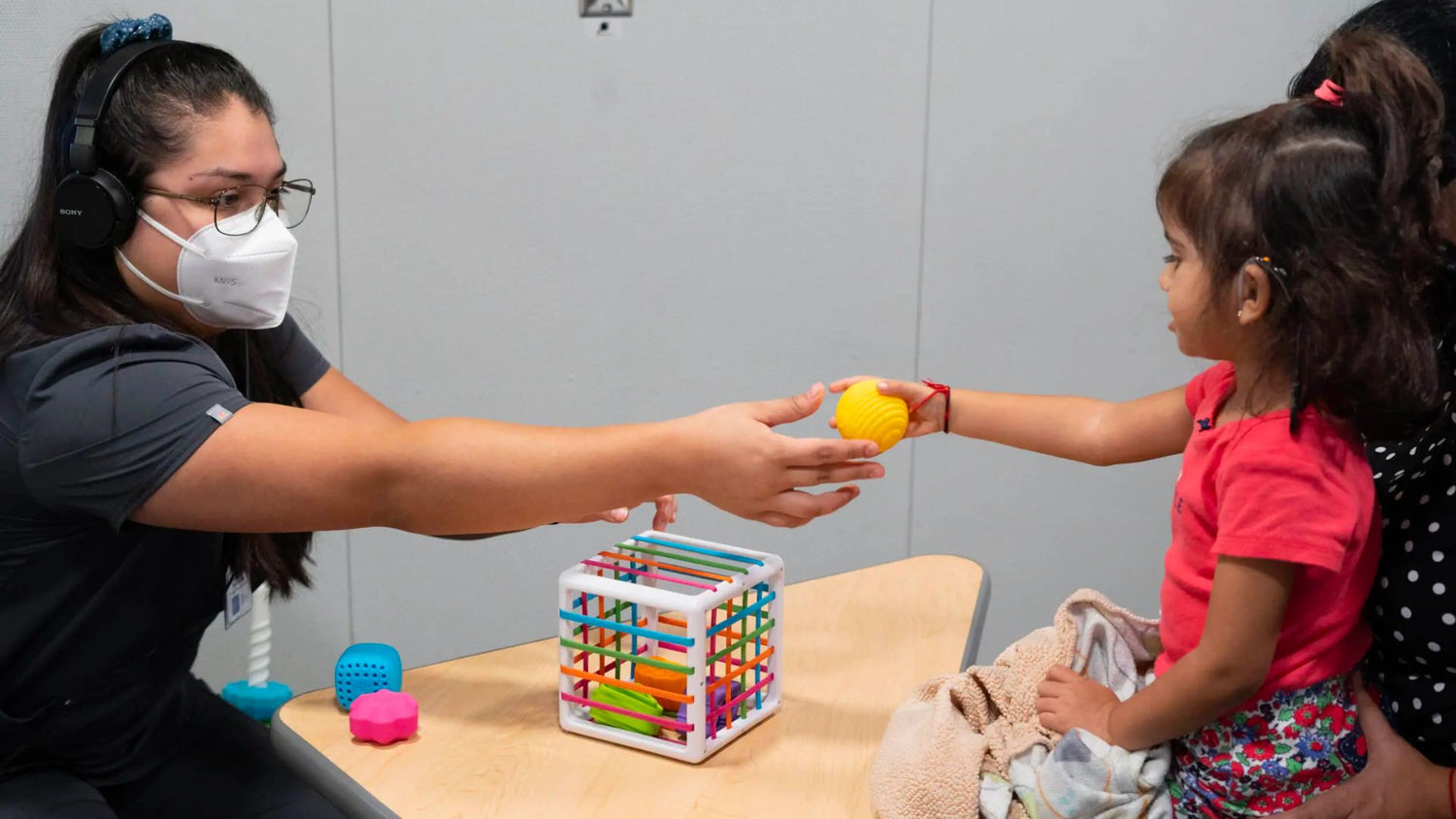
Hearing Tests for Newborns, Babies, Toddlers and Children
Hearing tests are crucial for detecting and addressing hearing loss in babies, toddlers, and children. Regular hearing checks should also be conducted to ensure the child's hearing development is on track, and any hearing loss can be detected and addressed promptly.
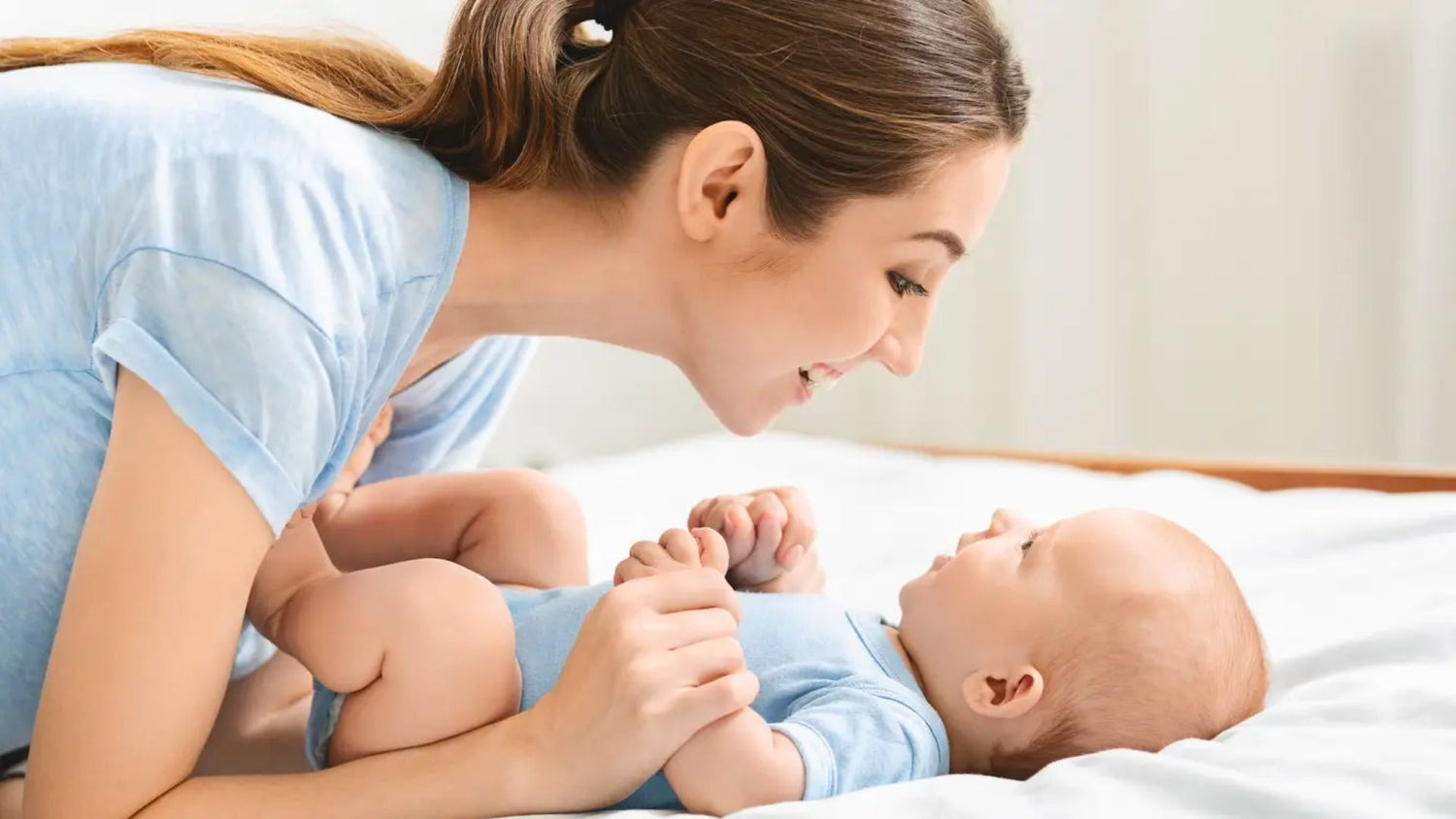
Is My Baby Hearing Well?
Your baby needs to hear sounds to learn how to speak and learn about the world. Given that the signs and symptoms of hearing impairment in babies vary, it is quite challenging to detect. Here're some hearing milestones that you can use as a guide for your baby's first 3 years of life.
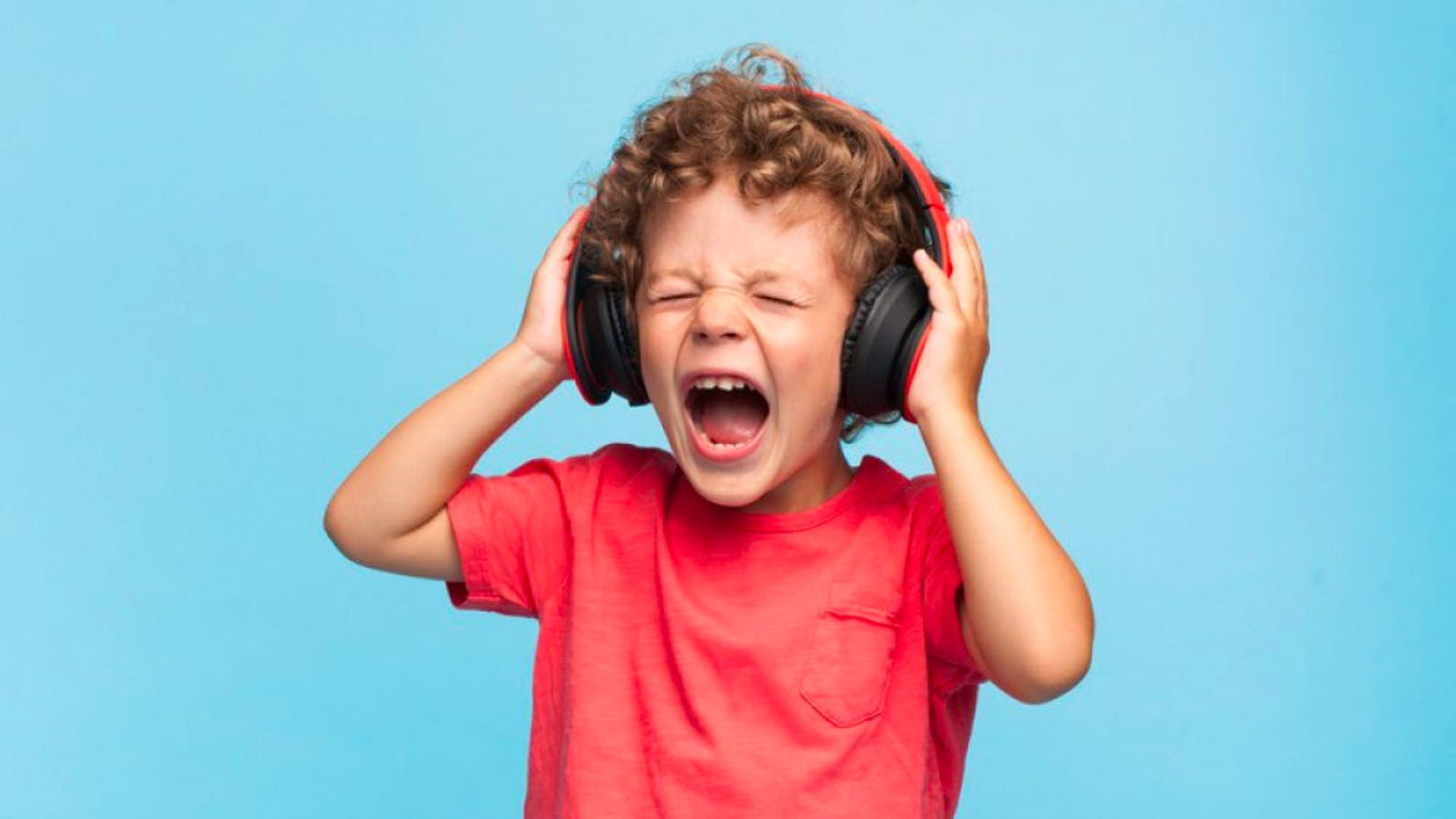
Hearing Loss Prevention in Kids
Teenagers are at a higher risk of hearing loss due to exposure to loud music, frequent use of headphones, and attending noisy social events. By using hearing protection, they can avoid the negative consequences of hearing loss later in life.
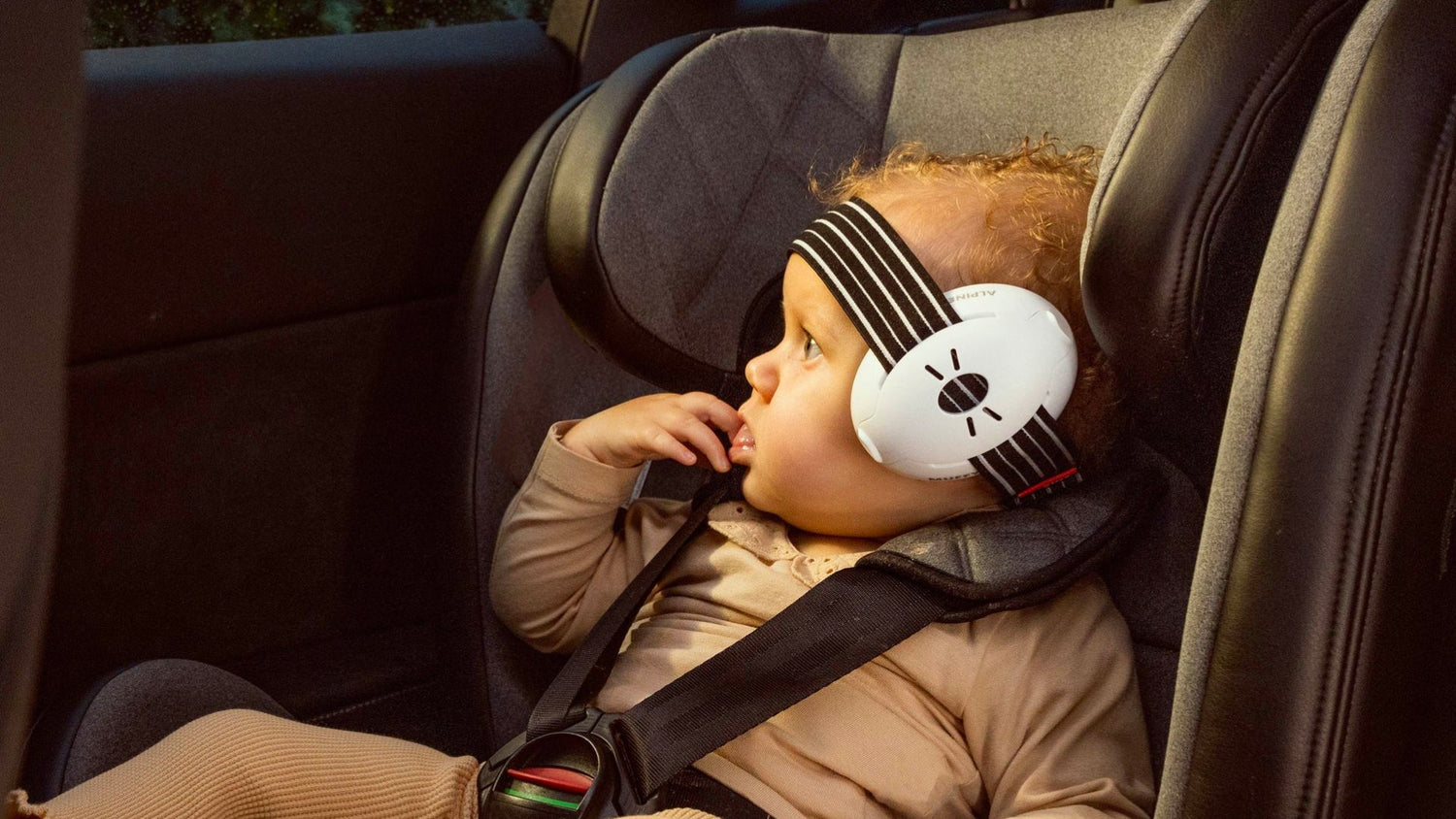
Protect Your Child's Hearing with Earmuffs
Children learn from their parents, so it’s important to model the hearing behaviors we want to encourage in our kids. The damaging effect of noise exposure on our hearing is cumulative, so it’s important to protect hearing from an early age. Bring earplugs or ear muffs with you when there is potential for loud noise.

Hearing Care Services
We provide hearing care services for patients of all ages — from newborns to over 100 years old. Each customer begins with their journey with us through both behavioral and diagnostic tests. After understanding your hearing needs and expectations, you would get a personalized hearing solution to maximize your hearing ability.
Help Your Child to Thrive with Better Hearing
Thanks to hearing aids and early intervention, nearly 90% of children with hearing loss can develop age-appropriate language skills and succeed academically in mainstream schools.
~ Alexander Graham Bell Association for the Deaf and Hard of Hearing


